Publications
Articles, publications, books, tools and multimedia features from the U.S. Institute of Peace provide the latest news, analysis, research findings, practitioner guides and reports, all related to the conflict zones and issues that are at the center of the Institute’s work to prevent and reduce violent conflict.
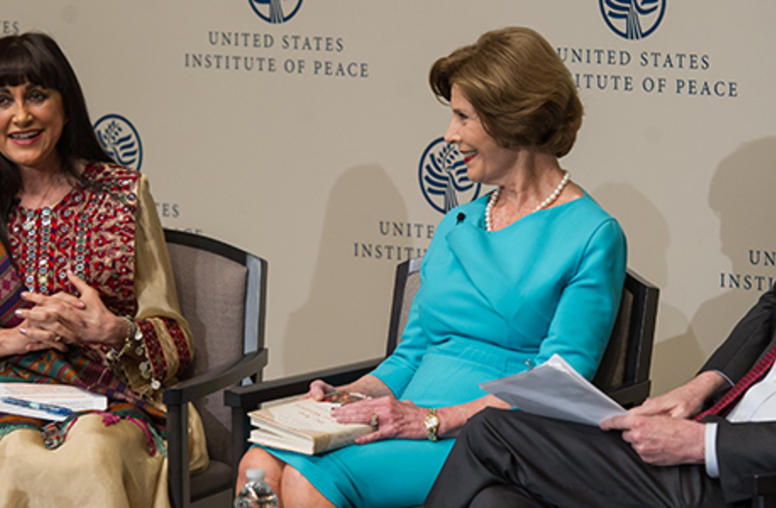
Laura Bush Urges Sustained Support for Afghan Women
Former first lady Laura Bush said the international community must continue to support the reconstruction of Afghanistan and progress for the country’s women through aid, investment and an ongoing presence of American troops. Speaking at the U.S. Institute of Peace on March 15, Bush said she remains hopeful for the country’s future, in part because of the spirit of Afghan women and the strides they have made in education, business and government.
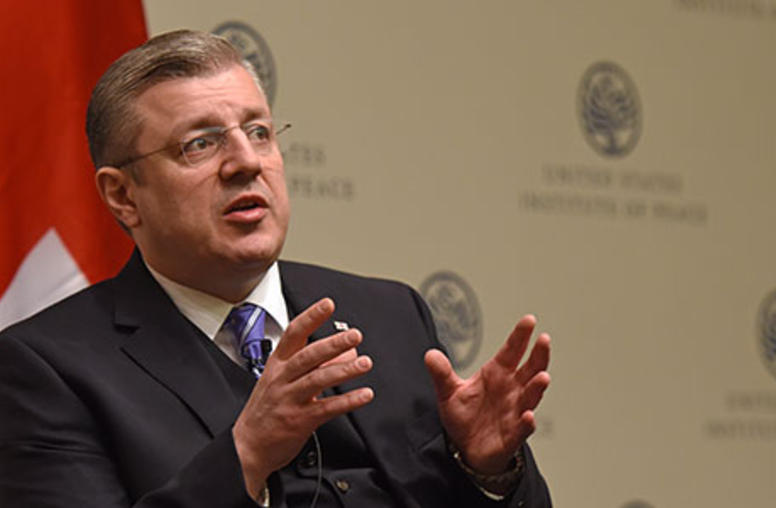
Georgian Prime Minister: Reforms Will Continue
Georgian Prime Minister Giorgi Kvirikashvili said his government is stepping up economic and political reforms to draw greater foreign investment and to strengthen political stability in the face of the country’s confrontation with Russia. Speaking at the U.S. Institute of Peace in his first visit to Washington as prime minister, Kvirikashvili said Georgia will continue its “pragmatic approach” to opposing Russia’s support for separatist movements in two regions of Georgia “in order not to pr...
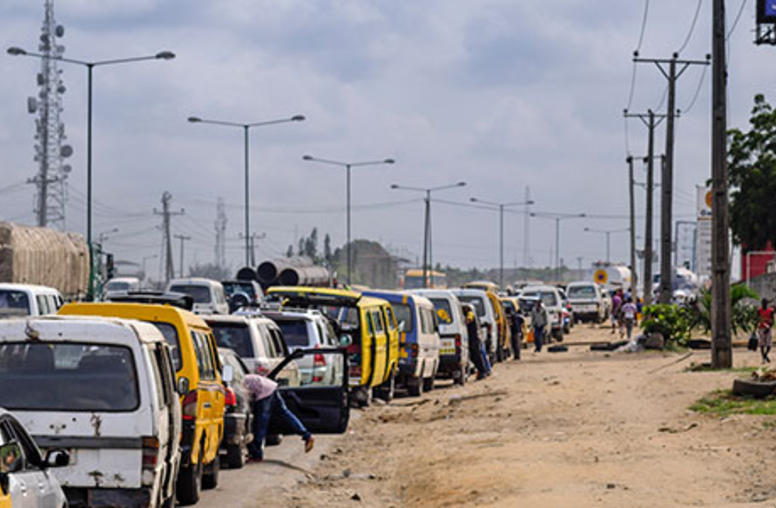
Q&A: In Nigeria, War and Peace Go Beyond Boko Haram
In the shadow of global headlines about ISIS and the Middle East, Nigeria’s government has pushed another of the world’s deadliest conflicts into a new phase. For months, Nigerian troops have been recapturing territory from the Boko Haram militant group, with support from the United States, which has sent special operations forces as advisors to help. But Nigeria’s crises, and any solutions, run wider and deeper than Boko Haram, according to U.S. Institute of Peace Program Officer Oge Onubogu...
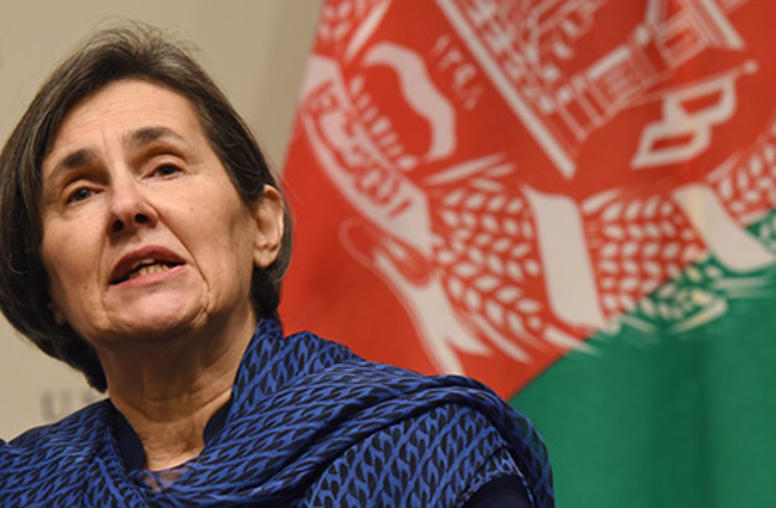
Afghan First Lady: Justice Reform is Hopeful 'Snapshot'
Afghanistan’s first lady, Rula Ghani, countering what she called the “prophets of doom and gloom,” said extensive reforms to her country’s legal system over the past 18 months are beginning to deliver results and illustrate potential progress. Speaking at the U.S. Institute of Peace, Ghani said the unity government headed since January 2015 by her husband, President Ashraf Ghani, and Chief Executive Abdullah Abdullah understand the need to provide fair and effective justice to Afghanistan’s p...
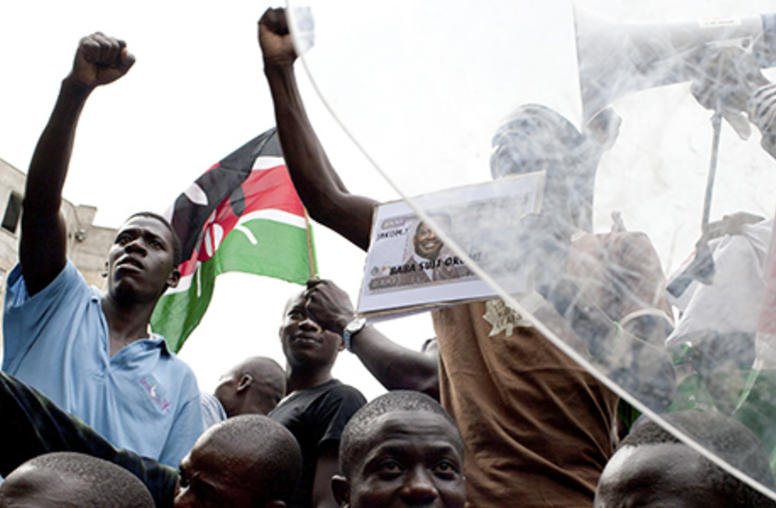
Q&A: Amid Kerry Visit, Kenya Braces for 2017 Elections
Kenyan President Uhuru Kenyatta’s first four years in office expire next year and he has announced he’s going to run for a second term in elections scheduled for August 2017. But the competition for power already is heating up.
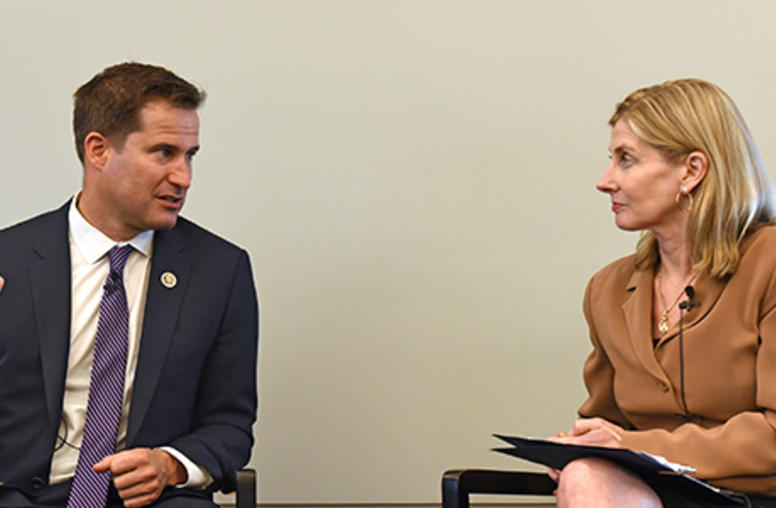
Ex-Marine Lawmaker Seeks Diplomatic ‘Surge’ in Iraq
After four tours with the U.S. Marines in Iraq, Representative Seth Moulton, a first-term Democrat from Massachusetts, remains focused on the country’s development and its current battle against the ISIS extremist group, and he said he has concluded that its fundamental problems are political. A military strategy that fails to address Iraq’s political weaknesses ensures that American troops—about 5,000 of whom have returned to the country—will be back again five years after ISIS is defeated, ...
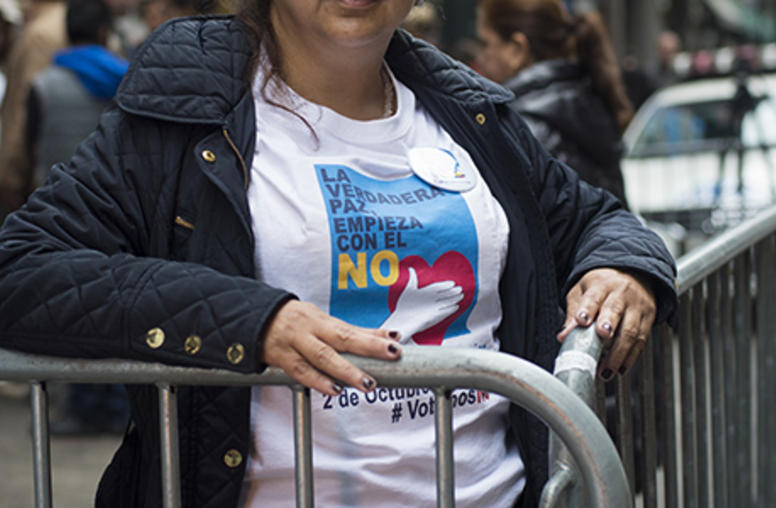
Q&A: Colombians Narrowly Reject Peace Deal
Colombian voters yesterday defied projections by pollsters and rejected a peace accord that their government had negotiated during four years of talks with the Revolutionary Armed Forces of Colombia (FARC-EP). The agreement was intended to end more than a half century of violent conflict that has left well over 220,000 dead and close to 8 million victims, including more than 6 million people forcibly displaced. USIP’s Senior Advisor for Peace Processes Virginia M. Bouvier explains why voters ...
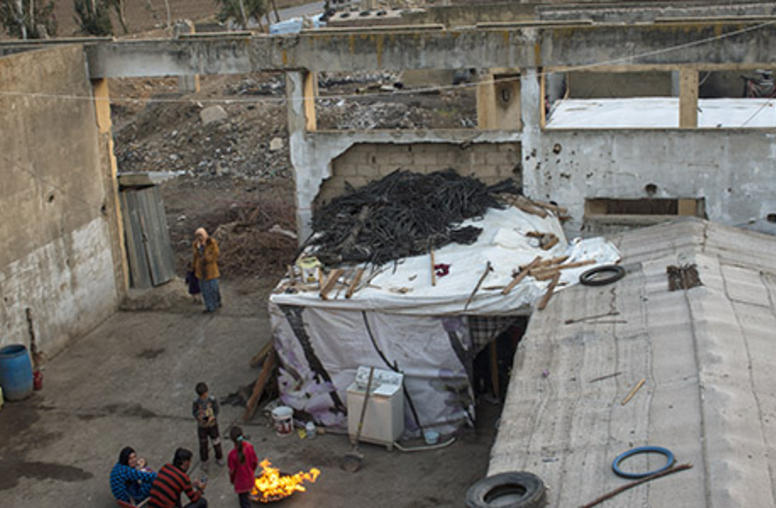
Q&A: Can Lebanon’s New President Defuse Major Crises?
The Lebanese Parliament’s selection this week of General Michel Aoun as president ends 2 ½ years of a leadership vacuum that mired decision-making on fundamental economic, social and political crises facing Lebanon. The Parliament had been unable to elect a new president since May 2014, even as it faced emergencies such as the influx of more than 1 million refugees from the war in neighboring Syria. USIP Middle East and North Africa Director Elie Abouaoun examines the potential effect of the ...
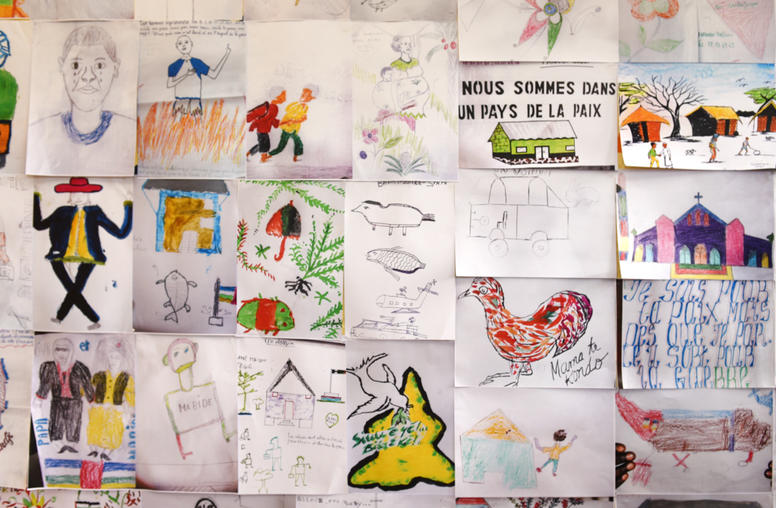
Q&A: Central African Republic Waiting for Peace
Nine months after the Central African Republic (CAR) held free, peaceful and democratic elections for president and parliament, the country continues to struggle for stability and progress. Half of the country remains in need of humanitarian aid, and an increase in violent incidents since September threatens to destabilize any progress made to date. At the end of November, clashes between factions of the ex-Séléka, a formerly united alliance of primarily Muslim armed groups, left 85 dead, 76 injured and 11,000 newly displaced.
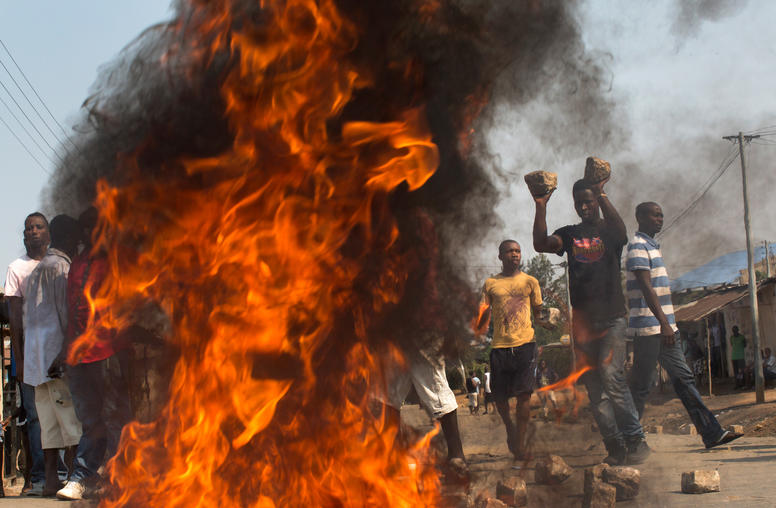
Q&A: What Works in Preventing Election Violence
The elections this year in the Philippines, the Democratic Republic of the Congo, Gabon and even the United States, demonstrate how high-stakes elections frequently trigger anxiety, tension or even violence or the threat of unrest. Properly managed elections allow opposing groups to press their claim to power through a peaceful process. But in fragile democracies, elections frequently feature intimidation or violent protest. U.S. Institute of Peace Senior Program Officer Jonas Claes, editor o...